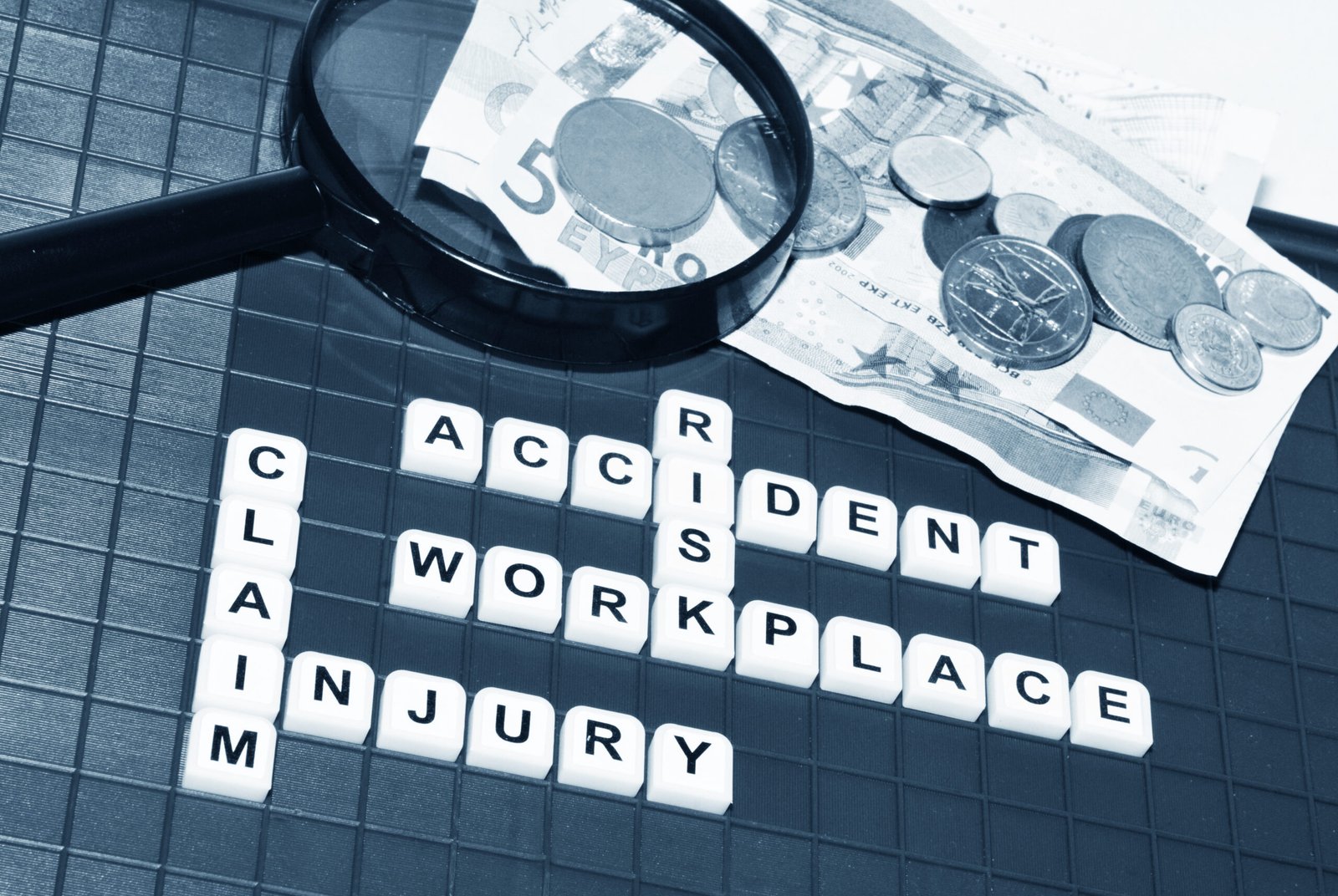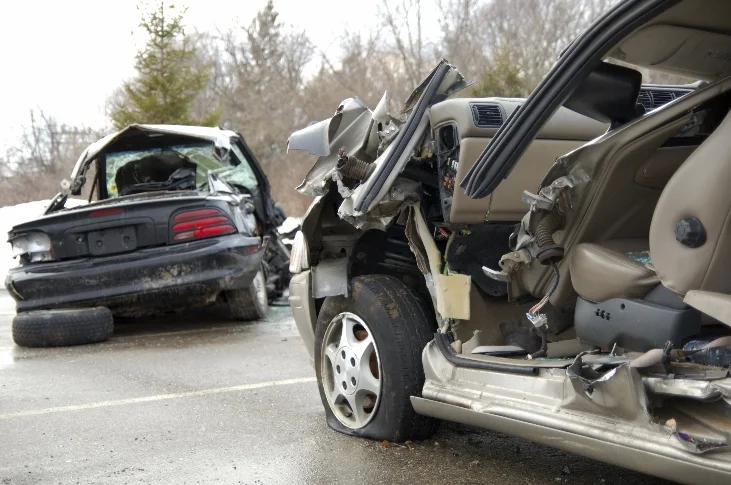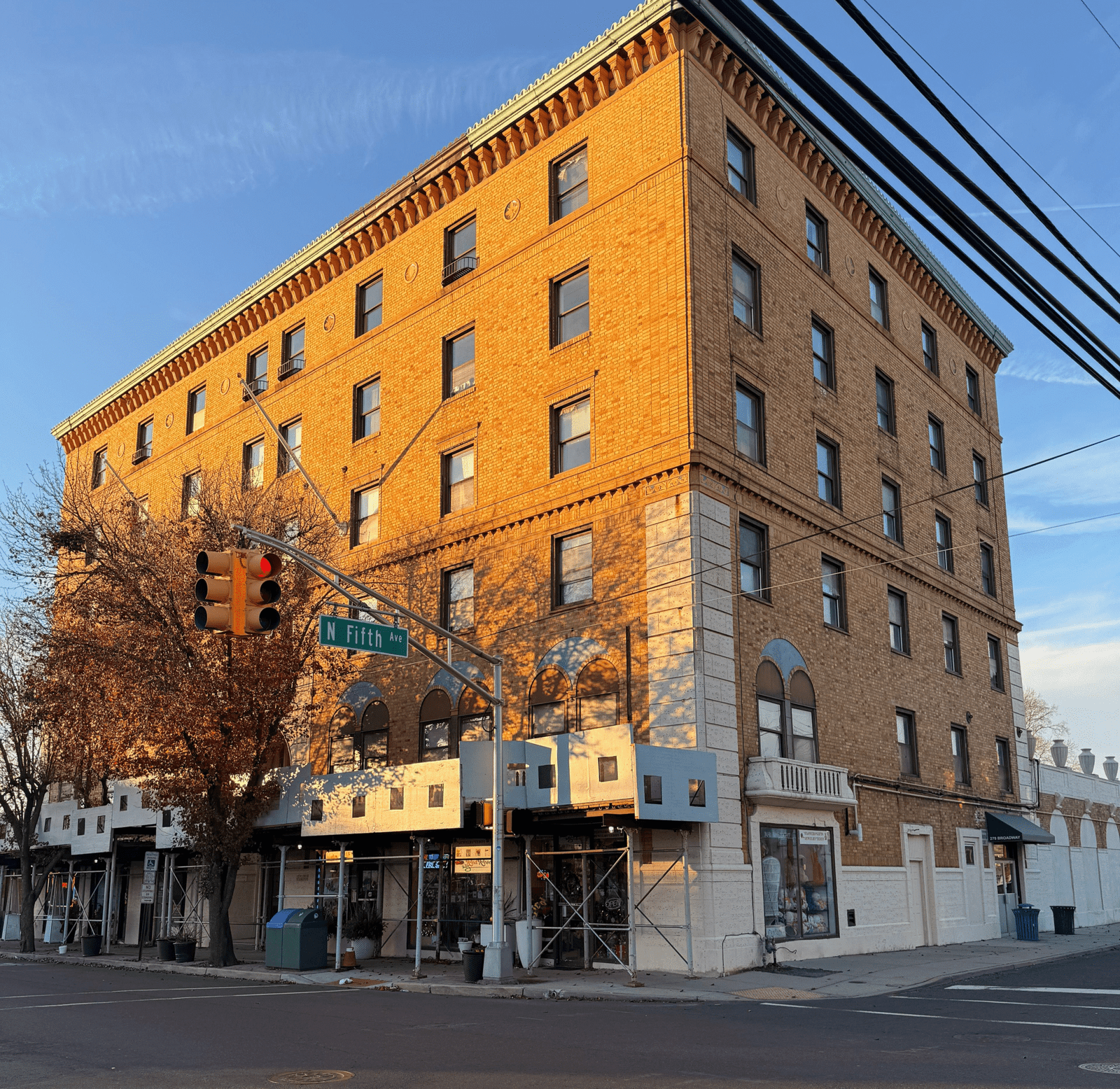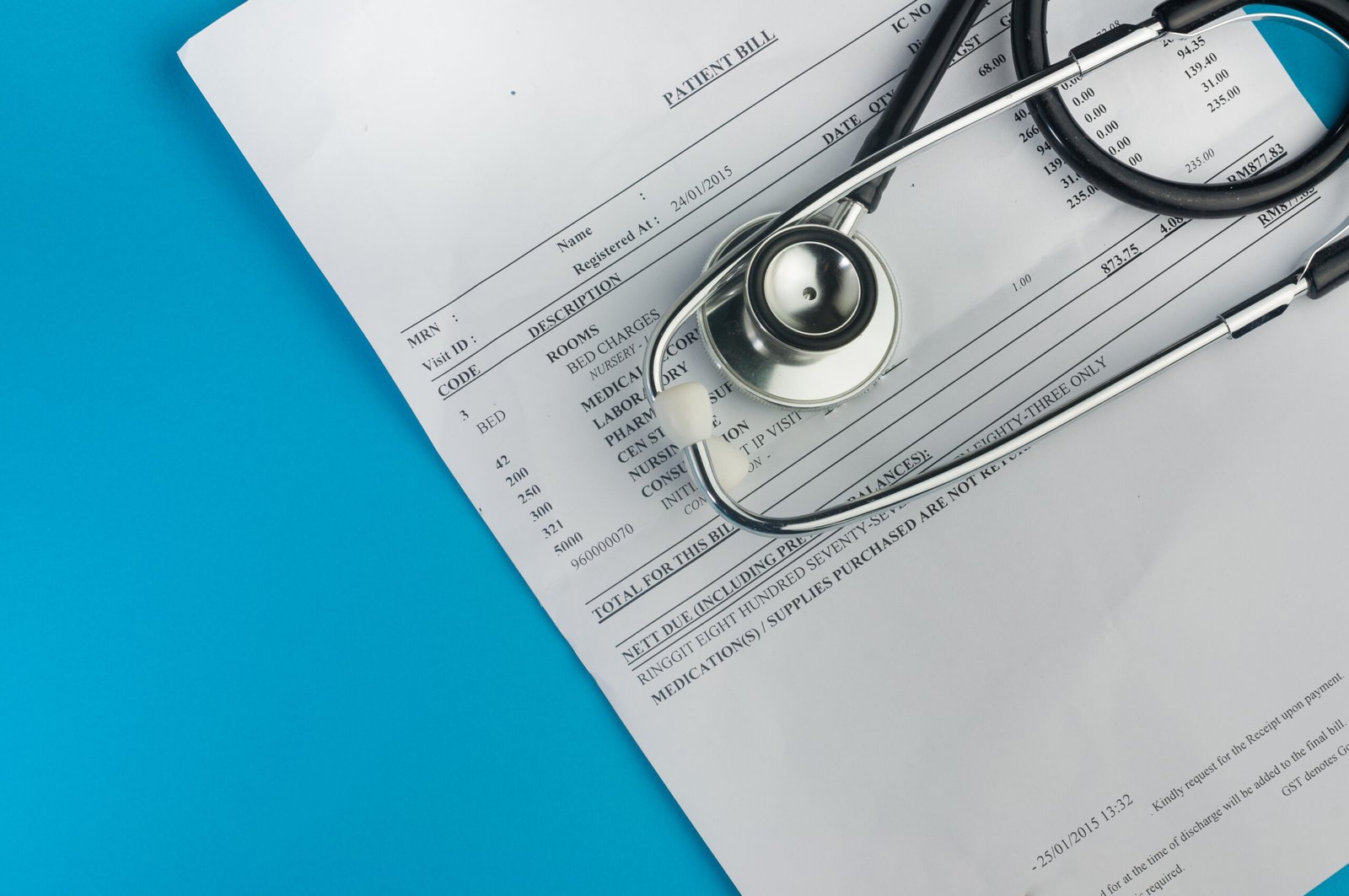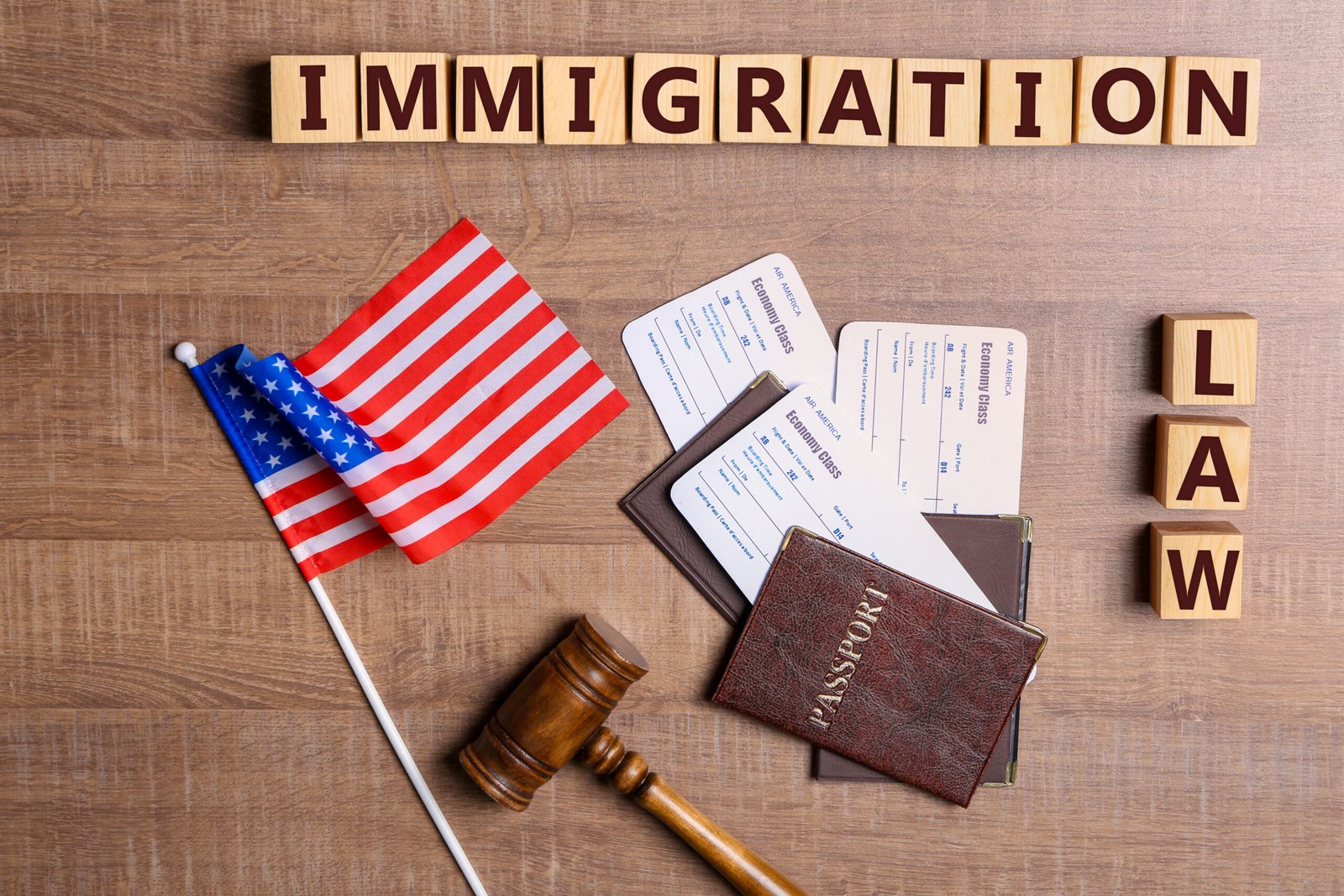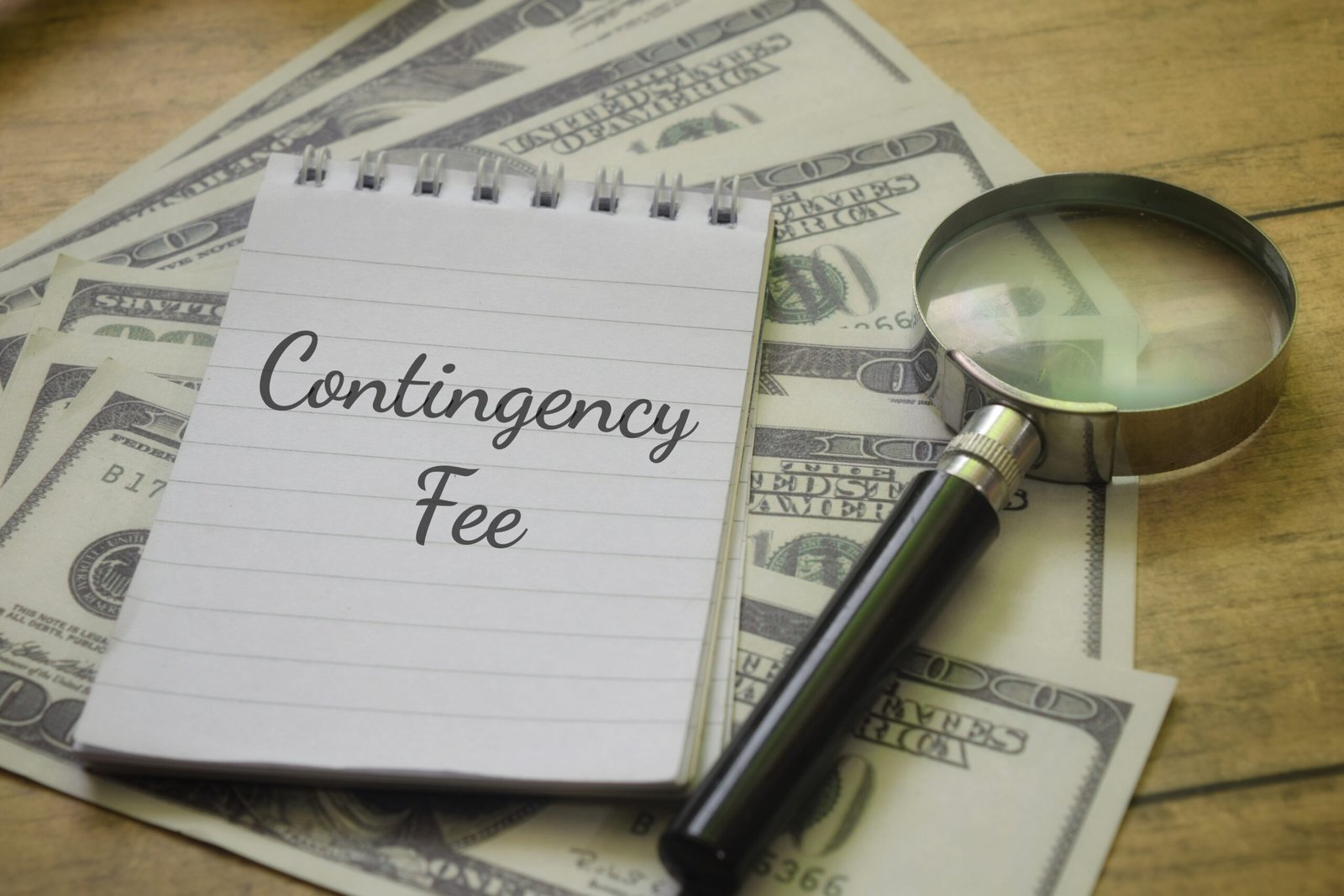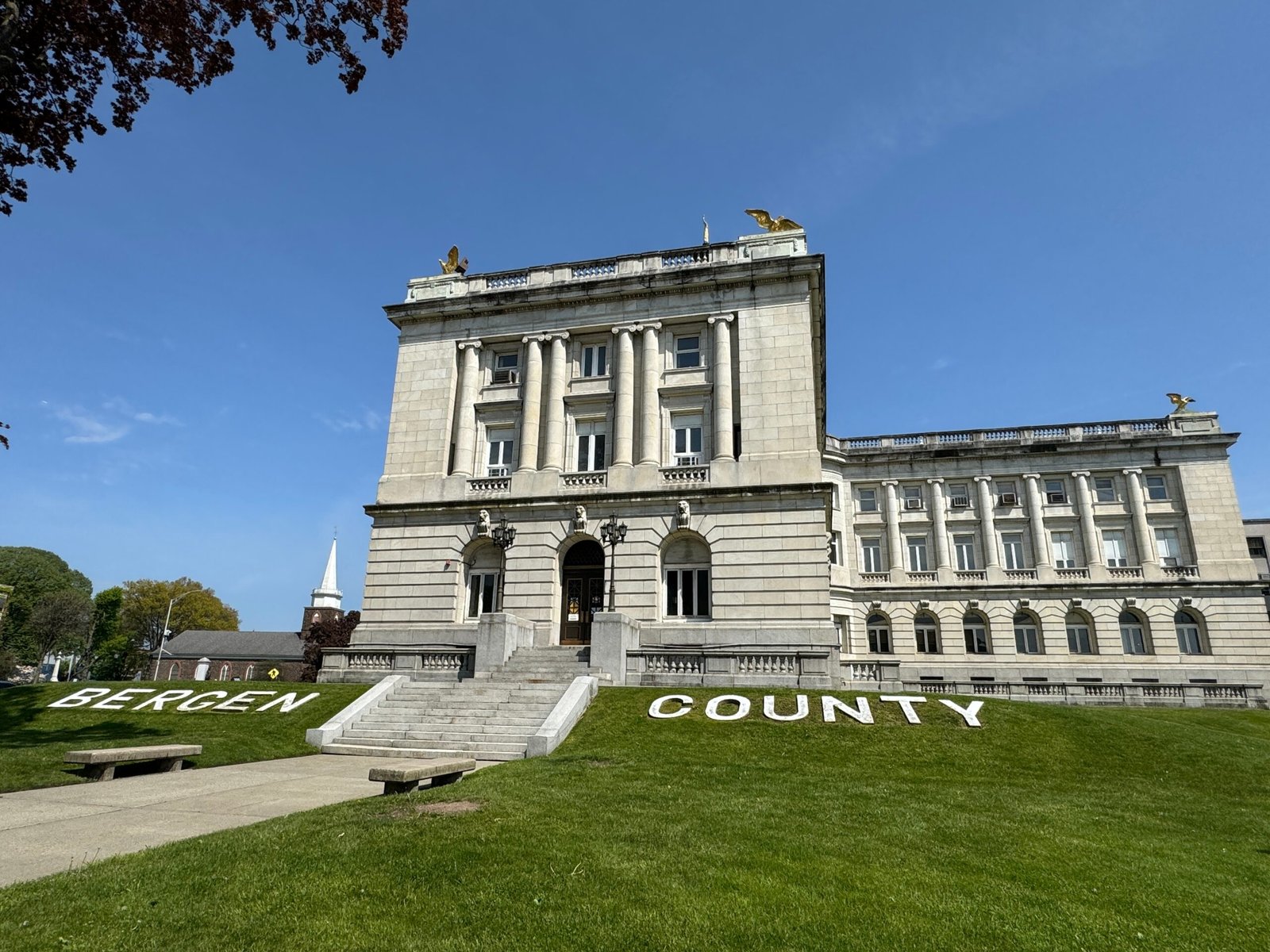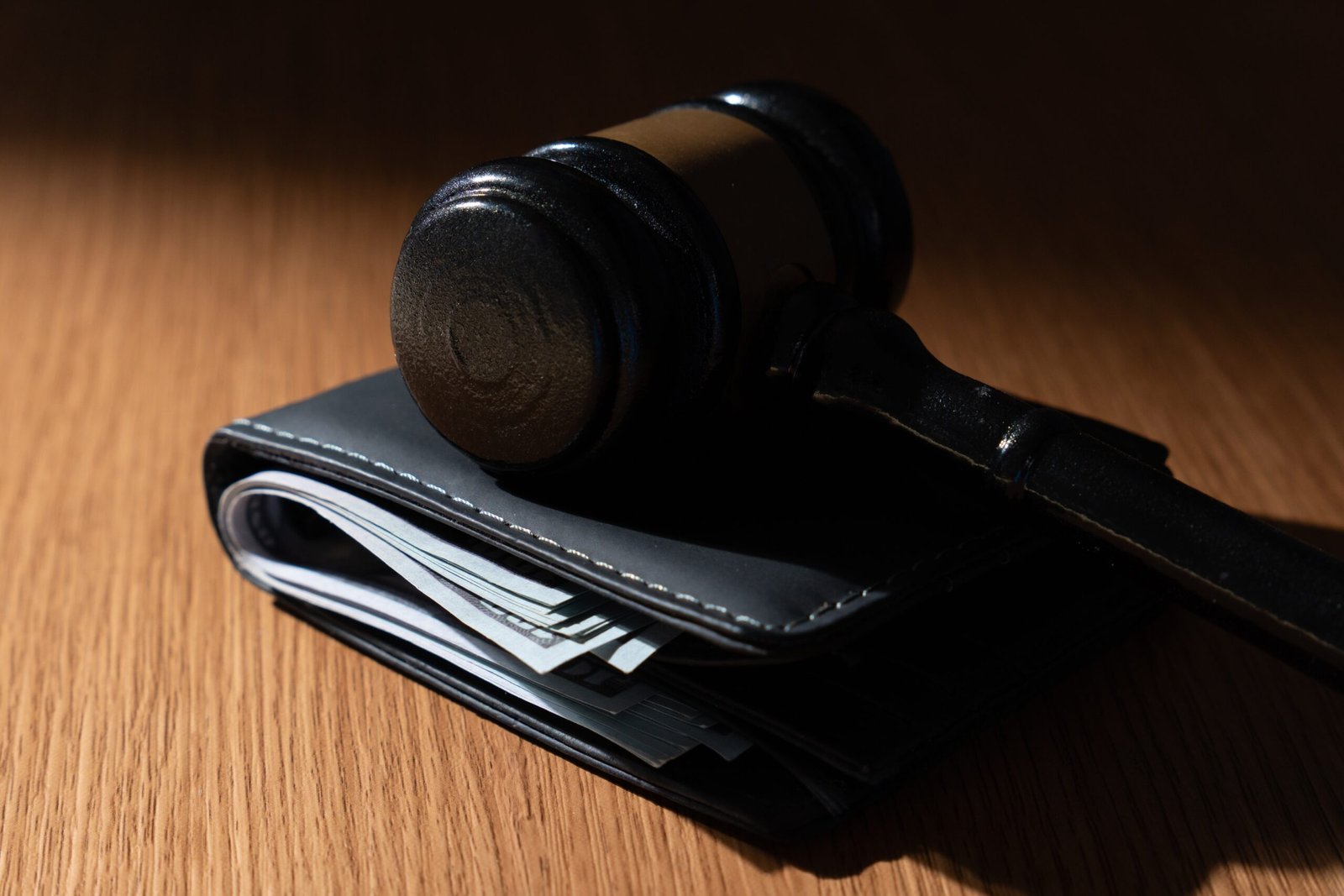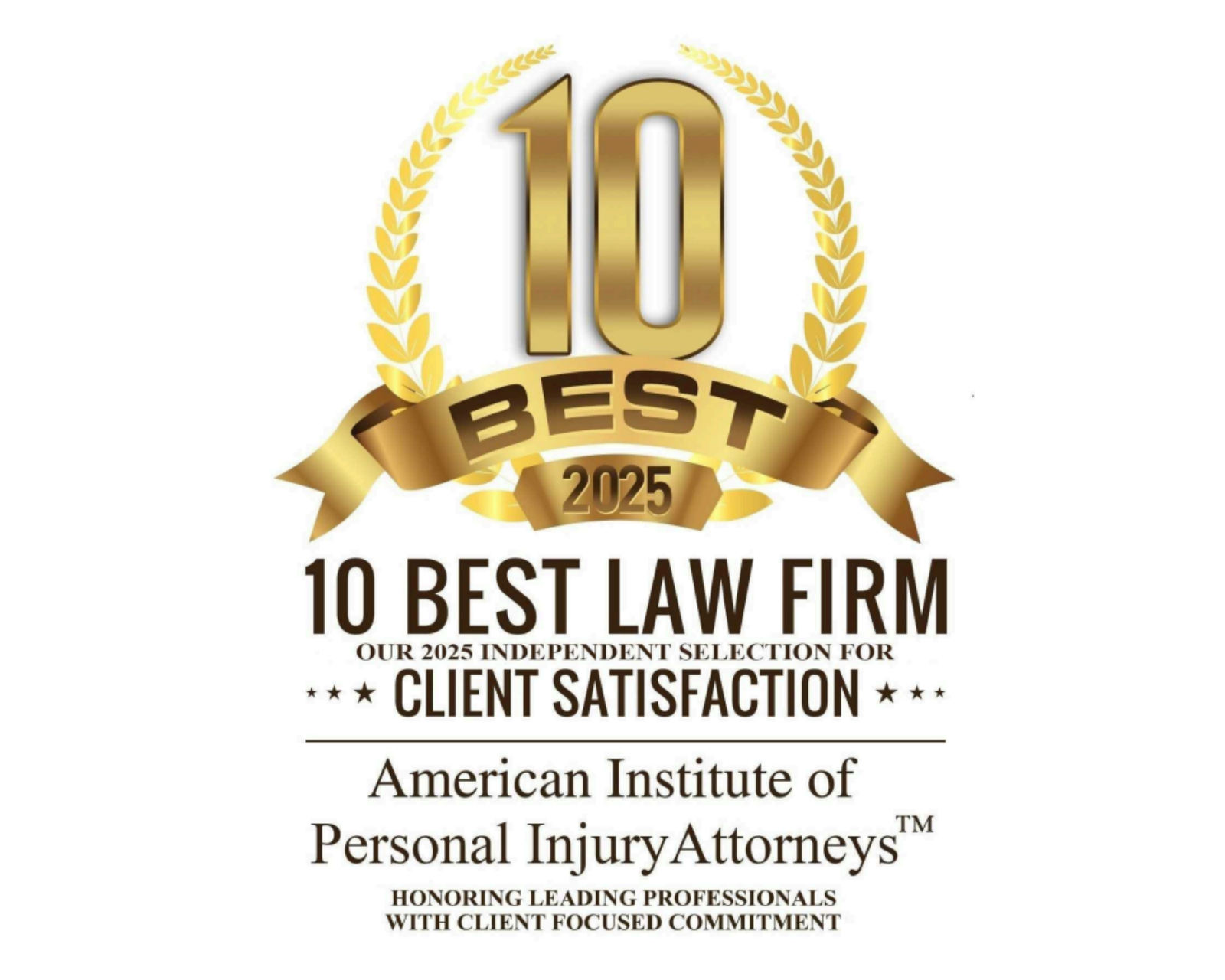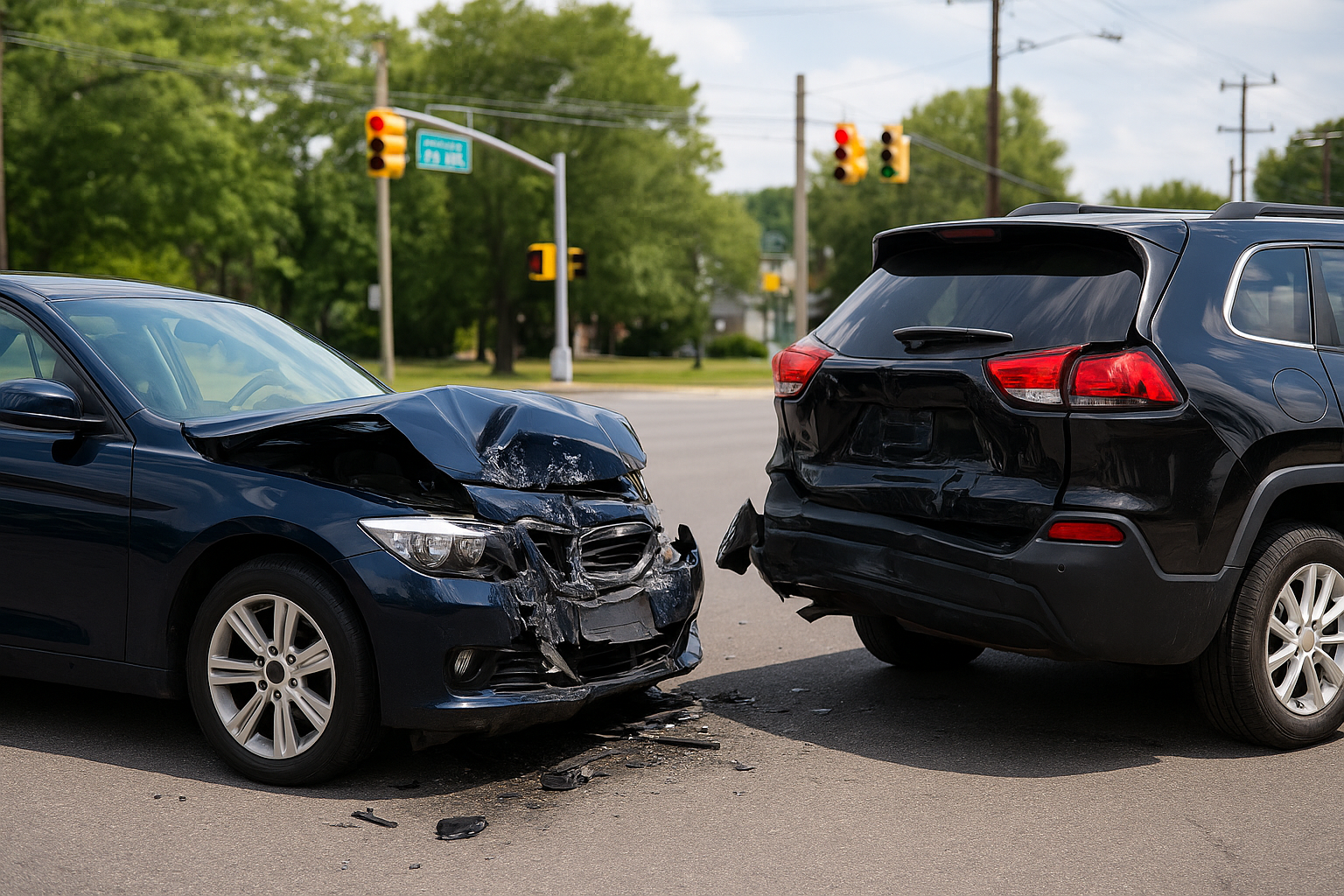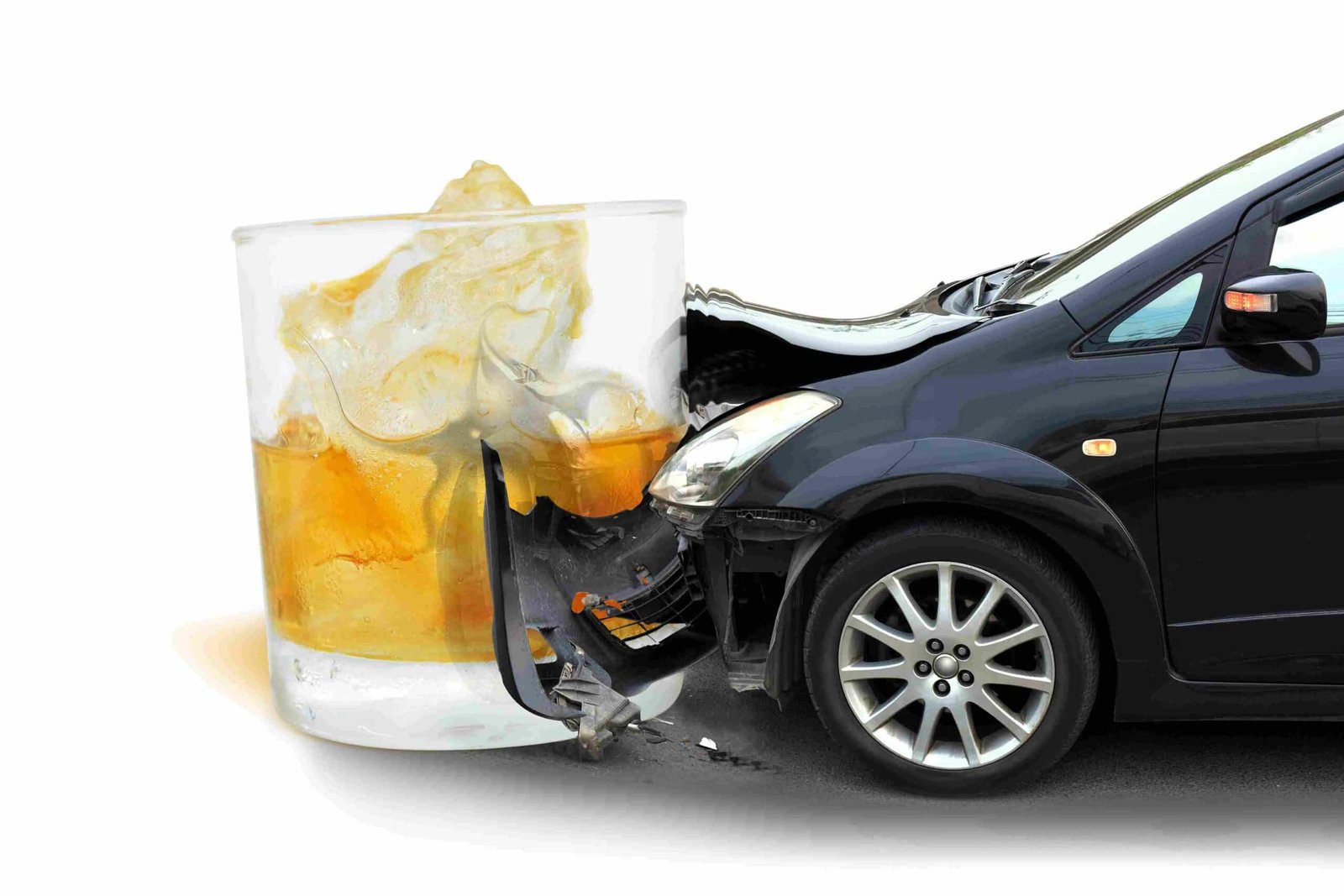Every day, hundreds of car accidents occur across New Jersey — from busy highways like I-95 and the Garden State Parkway to local roads in Jersey City, Newark, and Paramus. While the aftermath can feel overwhelming, understanding how a New Jersey car accident claim works can help you protect your rights and secure fair compensation.
This guide breaks down the entire NJ car accident claims process — from the moment the crash happens to final settlement or trial — so you know exactly what to expect.
Step 1: Immediately After the Accident — Safety and Evidence Come First
The moments right after a collision are critical. New Jersey law (N.J.S.A. 39:4-130) requires you to stop, render aid, and report any accident that results in injury, death, or significant property damage.
Here’s what to do:
-
Call 911 – Always report the accident, even if the damage seems minor.
-
Get medical attention – Some injuries (like whiplash or concussions) appear hours or days later.
-
Gather evidence – Take photos of the scene, damage, license plates, skid marks, and traffic signs.
-
Exchange information – Get the other driver’s contact, license, registration, and insurance details.
-
Identify witnesses – Their statements can support your version of events later.
This early evidence can make or break your case later — especially if liability becomes disputed.
Step 2: File an Insurance Claim Under New Jersey’s “No-Fault” System
New Jersey follows a no-fault insurance system, which means your own Personal Injury Protection (PIP) coverage pays for your medical bills and some lost wages, no matter who caused the crash.
Key things to know about PIP in New Jersey:
-
It covers medical expenses, rehabilitation, and essential services.
-
You must notify your insurer promptly — ideally within 24–48 hours.
-
PIP coverage applies even if you were a passenger or pedestrian.
-
Your medical providers will often bill PIP directly, but you should keep all receipts.
However, no-fault coverage has limits. It doesn’t pay for pain and suffering or property damage — and if your injuries are serious, you may still have the right to sue the at-fault driver.
Step 3: Determining Fault and Liability
While your own insurer handles medical bills, the question of fault still matters — especially if you want to pursue additional compensation.
New Jersey uses a comparative negligence rule (N.J.S.A. 2A:15-5.1).
-
You can recover damages as long as you were less than 50% at fault.
-
Your compensation is reduced by your percentage of fault.
For example:
If you’re awarded $100,000 but found 20% at fault, you’ll receive $80,000.
Evidence that helps prove fault includes:
-
Police accident reports
-
Dashcam footage or surveillance videos
-
Eyewitness statements
-
Expert accident reconstruction reports
Your car accident lawyer in New Jersey will use this evidence to build a strong liability case and deal with insurance adjusters on your behalf.
Step 4: Working with Insurance Companies
Insurance companies often aim to minimize payouts — even your own. Expect adjusters to ask for recorded statements or medical records early on.
Always consult your attorney before providing detailed statements.
A lawyer can:
-
Handle all communication with insurers.
-
Submit claim forms, bills, and documentation.
-
Negotiate a fair settlement that reflects the full extent of your injuries.
Many victims accept low initial offers because they don’t yet know the full cost of their injuries, ongoing therapy, or lost income. An experienced NJ car accident lawyer ensures that doesn’t happen.
Step 5: Evaluating Your Damages
Your total compensation depends on several categories of losses:
1. Economic Damages
-
Medical expenses (current and future)
-
Lost wages or reduced earning capacity
-
Property damage and vehicle repairs
2. Non-Economic Damages
-
Pain and suffering
-
Emotional distress
-
Loss of enjoyment of life
3. Punitive Damages (rare)
-
Awarded only in extreme negligence cases (e.g., drunk driving).
Document everything — from doctor visits and therapy receipts to time missed at work — as proof of your losses.
Step 6: Filing a Lawsuit (If Necessary)
If negotiations fail or your injuries exceed the limits of no-fault coverage, your lawyer may file a personal injury lawsuitagainst the at-fault driver.
Key Legal Deadlines:
-
The statute of limitations for car accident claims in New Jersey is 2 years from the date of the accident (N.J.S.A. 2A:14-2).
-
Claims against government entities (e.g., NJ Transit, city vehicles) require a notice of claim within 90 days.
The Lawsuit Process:
-
Filing the Complaint – Your attorney files in the appropriate NJ Superior Court.
-
Discovery – Both sides exchange evidence, documents, and witness statements.
-
Depositions – Witnesses and parties answer questions under oath.
-
Mediation or Settlement Conferences – Courts often encourage settlement before trial.
-
Trial (if necessary) – A judge or jury decides liability and awards damages.
Most cases settle before trial, but being prepared for litigation strengthens your bargaining position.
Step 7: Settlement and Compensation
Once liability is established and damages are clear, your lawyer negotiates with the insurance company to reach a settlement agreement.
Factors affecting the final amount include:
-
The severity and permanence of injuries
-
Total medical expenses and lost wages
-
Future care or disability costs
-
Level of pain, suffering, and emotional distress
-
Degree of fault assigned to each party
After settlement, your attorney deducts legal fees (often on a contingency basis — no fees unless you win) and distributes the rest to you.
Step 8: What Happens If the Case Goes to Trial?
If a fair settlement isn’t possible, your case may proceed to trial.
At this stage:
-
Your attorney presents evidence and expert testimony.
-
The defense may argue shared fault or dispute medical evidence.
-
A verdict is reached, and compensation is awarded accordingly.
Trials take longer but can result in higher compensation when insurers refuse to be reasonable.
Step 9: After the Case — Medical Recovery and Financial Stability
Winning compensation is only part of recovery.
You may need ongoing care, therapy, or adaptations to return to normal life. A good attorney will ensure:
-
Medical liens are negotiated or cleared.
-
Future care costs are included in the settlement.
-
You receive guidance on managing funds responsibly.
Some firms even connect clients with rehab, counseling, or financial planning resources post-settlement.
Final Thoughts: Protect Your Rights, Start Smart
The New Jersey car accident claim process can feel complex — between no-fault rules, insurance paperwork, and comparative negligence laws. But you don’t have to handle it alone.
An experienced car accident lawyer in New Jersey can:
-
Investigate the accident thoroughly
-
Handle insurers and legal filings
-
Fight for fair compensation in or out of court
If you’ve been injured in a crash anywhere in New Jersey — from Newark and Paterson to Jersey City or Paramus — getting legal help early can make all the difference between a denied claim and a successful recovery.

